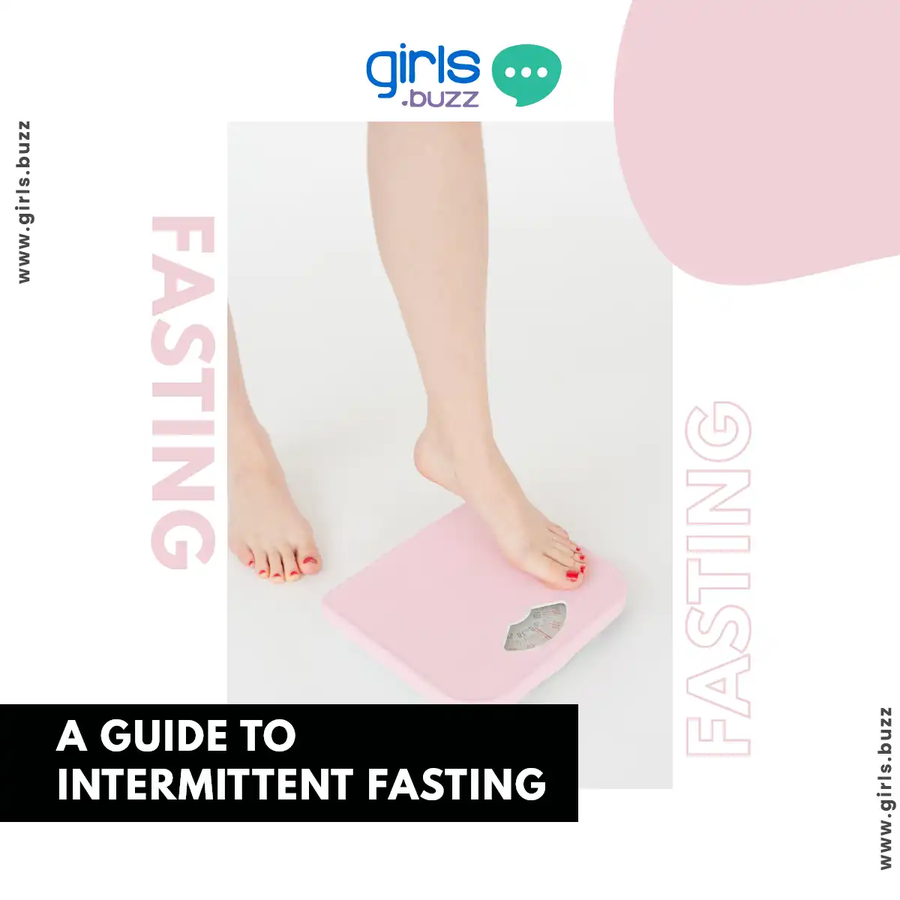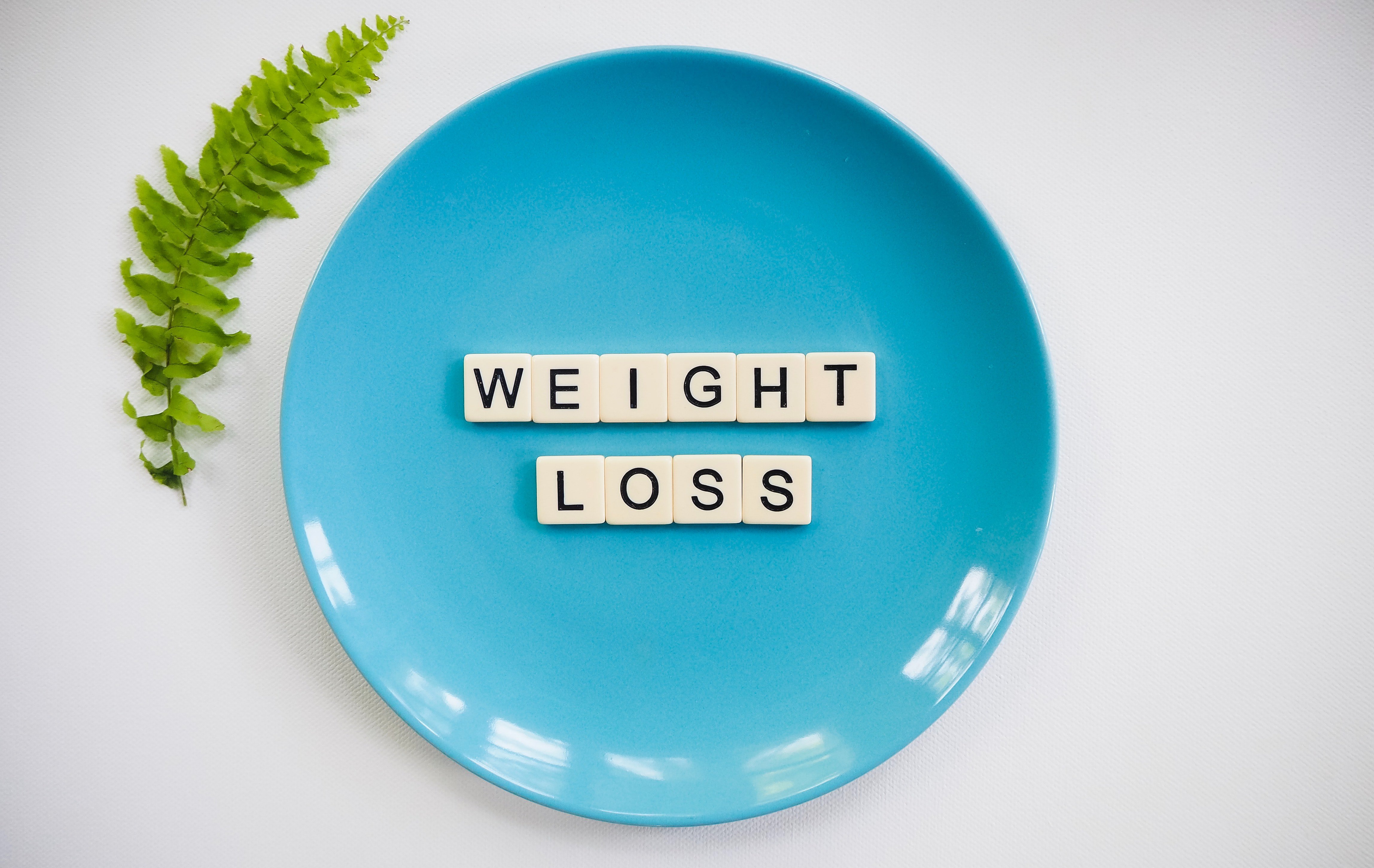A Guide to Intermittent Fasting
6 minuteRead

By Manu Bhattrai
Weight loss and diets have been a much-debated topic since time immemorial. For years, low-fat diets were considered an integral component of weight loss. However, the truth is, any diet that limits your calories will eventually result in weight loss. But, is it even healthy to lose weight by restricting your body from consuming the number of calories required for daily functioning? Crazy diets like 500 calorie diets, no salt diet, liquid diet, keto, etc have definitely aided toward weight loss but were accompanied with serious health ailments later.
So what’s different about Intermittent fasting?
The answer to this is that intermittent fasting is NOT A FORM OF DIET. It’s a lifestyle change resulting in several health benefits. Intermittent fasting does not tell you what to eat or how much to eat, it rather tells you when to eat. It is an eating pattern that cycles between eating and fasting. We fast every day approximately for about 10 hours while sleeping, Intermittent fasting is just extending that fast a little longer. There are different types of intermittent fasting, some popular ones are listed below.

The 14/10 method: In this method, you fast for 14 hours and have an eating window of 10 hours. This method is recommended for beginners. For e.g. your eating window will be from 11 am-9 pm and the fasting period 9 pm-11 am.
The 16/8 method: In this method, you fast for 16 hours and have an eating window of 8 hours. This method is the most recommended as it’s not very challenging and provides effective results. For e.g. your eating window will be from 11 am-7 pm and the fasting period 7 pm-11 am.
The 5:2 Method: In this method, you eat normally for 5 days a week and restrict yourself to 500-600 calories a day for 2 days. You can choose any 2 days of the week, say Tuesday and Friday or Monday and Thursday.
Eat Stop Eat: In this method, you fast for 24 hours once or twice a week and eat normally on the other days. You can only consume 0 calorie drinks during the fasting window of 24 hours. This is a comparatively difficult method as you will be extremely hungry and may feel a sense of fatigue and dizziness during the day which will hamper your overall performance. Eat Stop Eat is recommended only under expert guidance.
Alternate day fasting: In this method, you fast for 24 hours every alternate day. However, this method is recommended under expert guidance only. This is an extremely challenging type of intermittent fasting as you will be extremely hungry on fasting days and this will lead to fatigue, dizziness, etc, and can hamper your body’s system when done over a longer period of time. It is also assumed that when you starve your body excessively you start losing muscle over fats and this makes your body weak. Alternate day fasting is not the correct way to lose weight. It is ideal for a small duration under surveillance but not for long term.

Does Intermittent Fasting help in weight loss? What is the science behind Intermittent Fasting?
Insulin is a hormone that regulates blood sugar and converts energy from food into fat. It helps blood cells to absorb glucose. Higher Insulin levels will lead to weight gain because then the body absorbs a higher amount of glucose and converts it into fat & stores it for future requirements
During the fasting window, your body has time to lower the insulin levels in the blood. Thus, reversing the fat-storing process. Now with lower insulin in the blood, your body turns to the stored fat to generate energy. As energy is processed from the stored fats, your body will slowly and steadily start burning fats every day during the fasting window. Therefore, Intermittent fasting combined with moderate exercise will ultimately lead to weight loss over a period of time.
But, just like every coin has its 2 sides, so does Intermittent Fasting. There are several advantages as well as disadvantages of intermittent fasting you should be well aware of. Let’s understand a few of them in detail.

Advantages of Intermittent fasting
- Weight loss: Intermittent fasting reduces an individual’s eating window which ultimately lowers their average daily caloric intake. Controlled calories with moderate exercises every day will definitely lead to weight loss. Also with a lower level of insulin in the blood, the body turns to stored fats to generate energy which ultimately aids the weight loss process. Intermittent fasting also helps in increasing the blood levels of the Human Growth hormone which facilitates fat burning and muscle gain with numerous other benefits.
- Better Sleep: As per research, it is understood that Intermittent fasting results in better sleep by reinforcing your circadian rhythm. Circadian rhythm is a biological function that manages your sleep-wake cycle. Following a predetermined & fixed meal timings help reinforce natural circadian rhythm. It is known that the positive effect of Intermittent fasting on the sleep cycle can be observed in less than 1 week.
- Stabilizes insulin levels in the blood: When you eat, your food is broken down into glucose, raising the blood sugar level that ultimately raises insulin levels. When you constantly eat you are constantly increasing your insulin levels. With intermittent fasting, you voluntarily starve for a longer interval. Your pancreas are at rest from producing insulin during the fasting period and this helps stabilize the overall insulin level in the blood.
- Promotes Heart Health: Intermittent fasting and heart health are associated on the basis of how your body metabolizes cholesterol and sugar. Regular fasting reduces bad cholesterol and improves the way your body metabolizes sugar. This way your body is at a lower risk of weight gain or turning diabetic, which are both major factors in developing heart ailments.
- Miscellaneous advantages: Intermittent fasting is also believed to reduce oxidative stress, reduce inflammation, induce cell repair process, lower cholesterol, prevent cancer, etc.
Disadvantages of Intermittent fasting
- Dizziness and nausea: Studies show that people performing intermittent fasting may experience fatigue and low energy levels. Due to long fasting hours, your body will be put in a fat-burning cycle which will help in weight loss but possibly lead to dizziness and nausea due to reduced blood sugar levels. Thus, it is extremely crucial to eat food with a higher nutrition value during the fasting window if you are considering intermittent fasting.
- Dehydration: You usually feel thirsty after you eat something. With intermittent fasting you’re eating window is two to three times smaller than you’re fasting window. Thus, people generally forget to sip on fluids during intermittent fasting which ultimately leads to dehydration.
- Muscle loss: With a smaller fasting window your body consumes lesser calories than usual. If your diet is not rich in protein then your body will generate energy by burning muscle and not fat. This way you would lose weight but only from your muscles and not your fat cells. Muscle loss will further lead to complications like decreased bone density, altered metabolism, fractures, etc.
- Hunger and Cravings: It’s no rocket science that the most common side effect or we could call disadvantage of Intermittent fasting especially in the initial stages would be hunger. Cravings are strongly related to hunger. This hunger and craving combined might lead to overeating which can ultimately cause weight gain.
To conclude, we understand that intermittent fasting is not a kind of diet that regulates the number of calories you consume but rather an eating pattern to follow for maximum health benefits. However like every coin has its two sides, intermittent fasting has its own pros and cons. It might suit one person whereas it might not suit another. It is extremely subjective in nature. If you are considering starting intermittent fasting it is best to start from the 10:14 method i.e. 10 hours of eating and 14 hours of the fasting period. If you are planning to increase your fasting period, it is best to consult your doctor once.
Please note that just following intermittent fasting or any other form of diet will not help you to lose weight over a longer period of time. Moderate exercise five times a week combined with a balanced diet will be a vital part of your fitness journey.
Write, Record and Answer! Consume Unlimited Content! All you need to do is sign in and its absolutely free!
Continue with one click!!By signing up, you agree to our Terms and Conditions and Privacy Policy.










